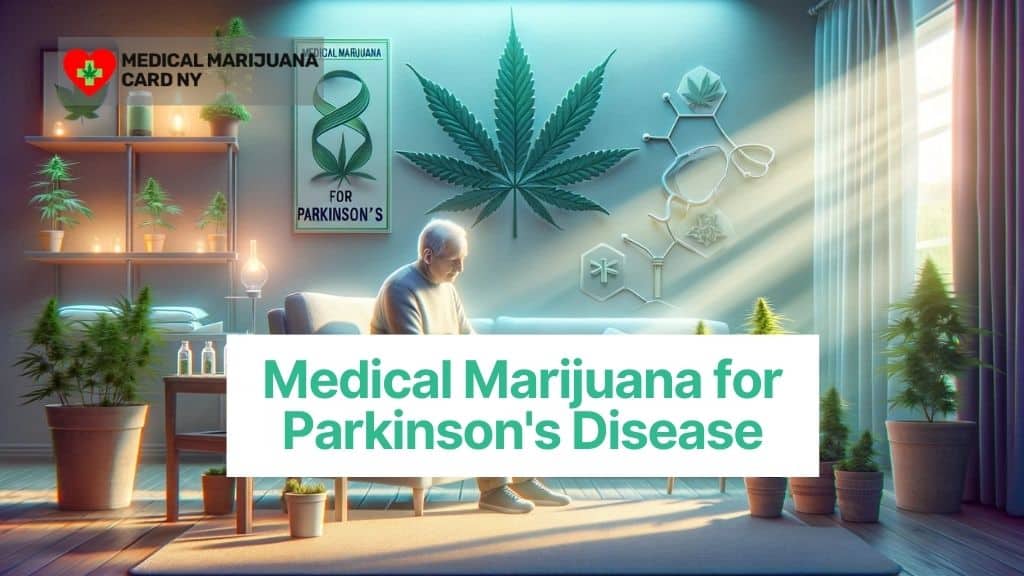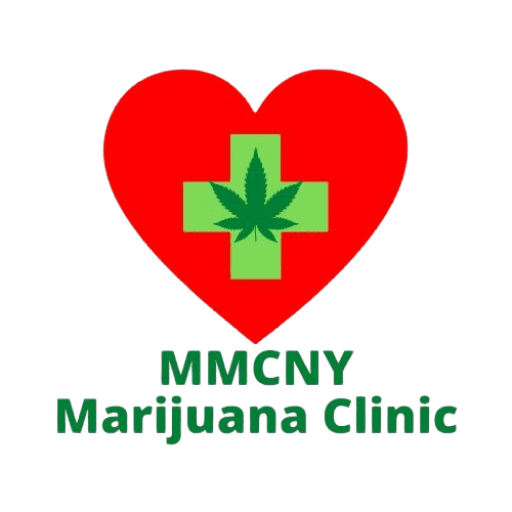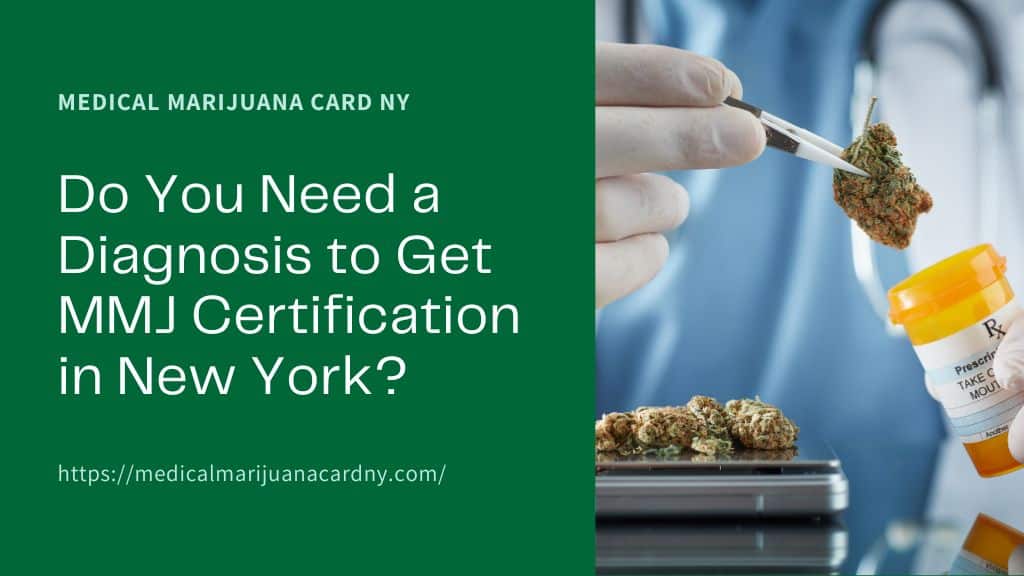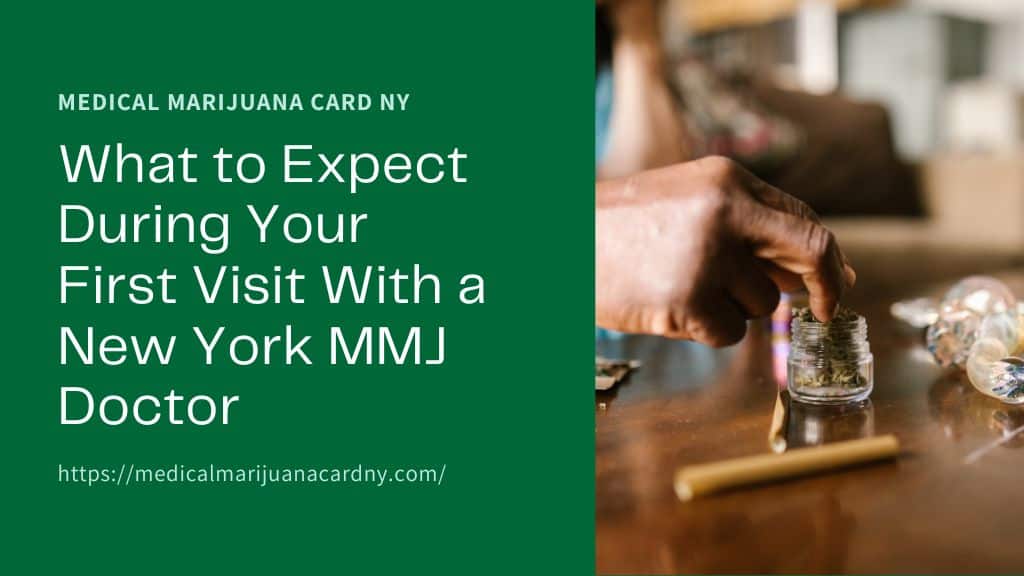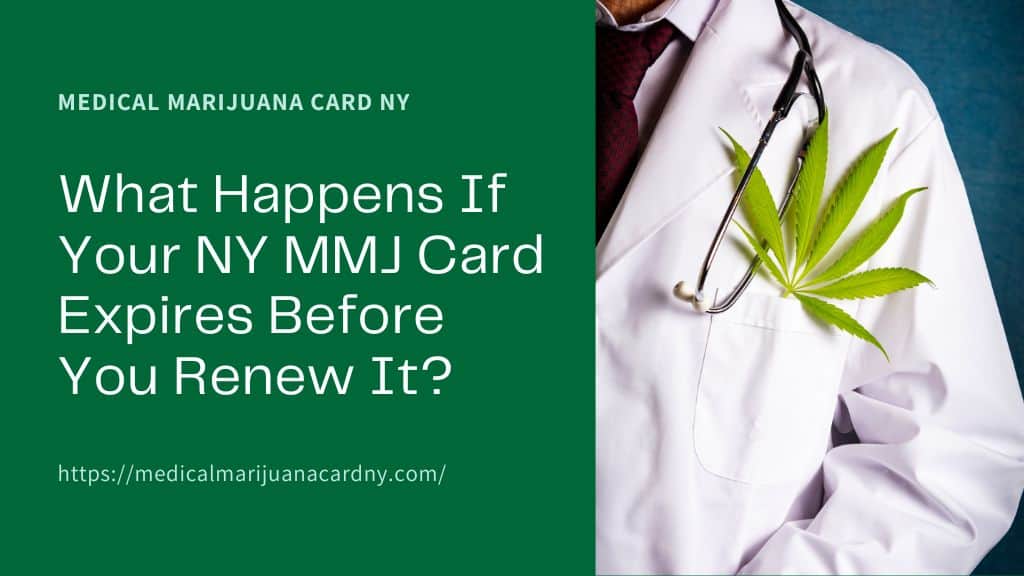In New York, the application of Medical Marijuana for Parkinson’s Disease is gaining attention due to its potential therapeutic benefits. This blog section delves into how medical marijuana emerges as a promising alternative for managing the symptoms of Parkinson’s Disease, a neurological disorder that significantly impacts the lives of many New Yorkers.
We explore the scientific reasoning behind the use of medical marijuana in easing symptoms such as tremors, rigidity, and bradykinesia, common in Parkinson’s patients. Moreover, we discuss the legal landscape of medical marijuana in New York, highlighting the recent changes in legislation that have made access to medical marijuana more feasible for patients.
The discussion includes the eligibility criteria, legal procedures, and the state’s stance on medical marijuana usage for health conditions like Parkinson’s. This segment aims to provide a comprehensive understanding of the intersection between medical marijuana and Parkinson’s Disease treatment in the New York
Table of Contents
ToggleIntroduction to Medical Marijuana and Parkinson’s Disease
How is Medical Marijuana Relevant to Parkinson’s Disease?
Medical marijuana, also known as cannabis, has become increasingly relevant in the treatment of Parkinson’s Disease. It’s being explored for its potential to alleviate symptoms like tremors, rigidity, and bradykinesia, which are common in Parkinson’s patients. Additionally, its potential to address non-motor symptoms such as sleep disturbances and mood disorders is also being researched.
The cannabinoids in medical marijuana, primarily THC and CBD, interact with the body’s endocannabinoid system, which is thought to play a role in Parkinson’s Disease.
What are the Legal Aspects of Medical Marijuana in New York?
As of 2023, the legal landscape of medical marijuana in New York has evolved significantly. New York State’s Medical Cannabis Program allows for the use of medical cannabis if deemed appropriate by a certifying health care provider. Healthcare providers who can prescribe controlled substances in New York and have completed a specific course on medical cannabis can certify patients for medical marijuana use.
This certification automatically registers the patient with the Medical Cannabis Program, eliminating the need for a separate registry ID card. The patient’s certification contains a registry ID and can be used immediately with a government-issued photo ID to purchase medical cannabis from licensed dispensaries in New York State.
The Benefits of Medical Marijuana in Parkinson’s Disease
Alleviating Symptoms of Parkinson’s Disease
Medical marijuana has been the subject of growing interest in the treatment of Parkinson’s Disease (PD) symptoms. Anecdotal reports and social media posts from individuals with PD suggest that cannabis may reduce tremors. Additionally, cannabinoids, the active compounds in marijuana, have been studied for their potential in treating other PD symptoms like bradykinesia (slowness of movement) and dyskinesia (excessive movements often caused by levodopa, a common PD medication).
However, the effectiveness of medical marijuana in these areas is still under investigation, with some studies showing promising results and others remaining inconclusive. The complex nature of cannabis, including its various compounds and their effects on the nervous and immune systems, adds to the challenge of conducting robust clinical studies.
Interaction with Parkinson’s Disease Medications
Medical marijuana’s interaction with Parkinson’s disease medications is a critical area of research. Some studies, such as one on the cannabinoid receptor agonist nabilone, have shown that it can significantly reduce levodopa-induced dyskinesia in PD.
However, the overall interaction of cannabis with PD medications is not fully understood, necessitating cautious use, especially considering PD’s impact on cognitive functions.
Types and Forms of Medical Marijuana Available
Types of Medical Marijuana in New York
The state of New York allows for a range of medical cannabis products at licensed dispensaries. These dispensaries have pharmacists on-site to assist patients in selecting the appropriate product for their condition, taking into account their individual dosing needs and potential interactions with other medications.
Effects of Different Forms on Parkinson’s Disease Symptoms
While the specific effects of different forms of medical marijuana on Parkinson’s Disease symptoms are still being researched, cannabinoids like THC and CBD have been studied for their potential benefits in managing symptoms such as tremors, bradykinesia, and dyskinesia. The effectiveness and appropriateness of these products for individual symptoms should be determined in consultation with a healthcare provider, considering the unique needs and medical history of the patient.
Patient Experiences and Case Studies
How Have Patients with Parkinson’s Disease Benefited from Medical Marijuana in New York?
The use of medical marijuana for Parkinson’s Disease (PD) symptoms in New York reflects a growing interest among patients and healthcare providers. A survey conducted by The Michael J. Fox Foundation through its online platform, Fox Insight, reveals significant insights from nearly 1,900 people with PD.
The results indicate that more than 70% of respondents use cannabis, primarily orally and once daily. Many reported modest improvements in symptoms such as pain, anxiety, agitation, and sleep. However, side effects like dry mouth, dizziness, and cognitive changes were noted, particularly in those consuming higher THC formulations.
Interestingly, 30% of respondents did not inform their doctors about their cannabis use. This data underscores the importance of open communication between patients and healthcare providers regarding medical marijuana use.
What Do Medical Professionals in New York Say About Medical Marijuana for Parkinson’s Disease?
Medical professionals in New York have a cautious but open stance towards medical marijuana for PD. They recognize its potential benefits, particularly for non-motor symptoms, but also emphasize the need for larger, well-designed studies to inform guidance and recommendations.
The importance of consulting with specialists and keeping healthcare providers informed about medical marijuana use is highlighted to ensure patient safety and optimal treatment outcomes.
Challenges and Considerations
Why are There Concerns About Using Medical Marijuana for Parkinson’s Disease?
Concerns about using medical marijuana for PD primarily stem from the limited scientific understanding of its efficacy and safety. The variability in cannabis formulations and the lack of standardized dosing make it challenging to ascertain its true therapeutic potential. Additionally, potential side effects like cognitive impairment and the risk of exacerbating psychiatric symptoms are significant considerations, especially given the cognitive aspects of PD.
Where are the Gaps in Research Regarding Medical Marijuana and Parkinson’s Disease?
The research gaps in medical marijuana for PD are notable. Current studies often lack the rigor of double-blind, placebo-controlled trial designs and involve small sample sizes, limiting their conclusiveness. The diversity in cannabis strains and consumption methods further complicates the ability to draw definitive conclusions. There is a pressing need for more extensive and scientifically robust research to understand the specific benefits, risks, and mechanisms of action of medical marijuana in PD.
These insights and observations are crucial in shaping the ongoing discourse and research on medical marijuana for PD, particularly in states like New York where medical marijuana is legally accessible. The importance of continued research and open dialogue between patients and healthcare providers cannot be overstated in navigating this evolving therapeutic landscape.
Medical Marijuana Recommendations
How Can Patients Obtain a Medical Marijuana Recommendation in New York?
To obtain a medical marijuana recommendation in New York, patients must consult with a healthcare provider who is qualified and registered to prescribe controlled substances in the state. This provider will assess whether the patient’s condition could benefit from medical marijuana.
As of March 20, 2023, New York has streamlined the process, eliminating the need for a specific MMJ card. Instead, certifications issued by healthcare providers now include a registry ID number, which, along with a valid government-issued ID, can be used to purchase medical cannabis at registered dispensaries.
Can Doctors in New York Prescribe Medical Marijuana for Parkinson’s Disease?
In New York, physicians and other eligible healthcare providers, including nurse practitioners, physician assistants, dentists, and midwives, can prescribe medical marijuana. These providers must have completed a specialized course on medical cannabis and be registered with the state’s program. There is no longer a list of specific qualifying conditions, so doctors can recommend medical marijuana if they determine it could be beneficial for a patient’s condition, including Parkinson’s Disease.
Conclusion
The landscape for medical marijuana in New York has evolved, simplifying the process for patients seeking relief from various conditions, including Parkinson’s Disease. The state’s approach emphasizes accessibility while maintaining a regulatory framework that ensures safe and responsible use. Patients interested in medical marijuana should consult with registered healthcare providers to understand its suitability for their specific health needs and to navigate the certification process effectively.
Resources
https://www.parkinson.org/living-with-parkinsons/treatment/medical-marijuana
https://www.ncbi.nlm.nih.gov/pmc/articles/PMC6682376/
https://pubmed.ncbi.nlm.nih.gov/34958046/

